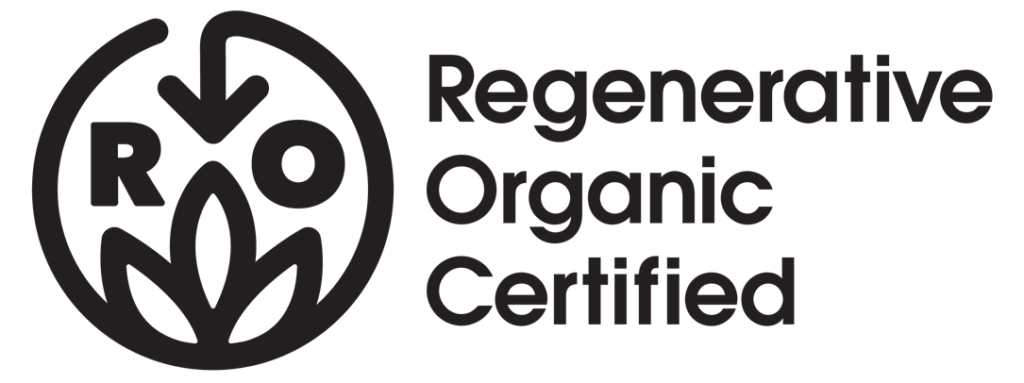Regenerative Organic Certification aims to raise the bar on organic standards

By vast
Published: April 4, 2018
Category: Regenerative Agriculture, The Organic & Non-GMO Report Newsletter
So many labels—non-GMO, certified organic, fair trade, humane—consumers want all those things for their food. But Rodale Institute president Jeff Moyer says providers can feel “like scouts with a sash full of merit badges” that hopefully will add clout to their products.
Rodale has joined with Dr. Bronner’s and Patagonia to offer an alternative—“one standard to rule them all”—with a focus on soil health, carbon sequestration, animal welfare, and worker fairness. “There was a sense that organic wasn’t really carrying the bar that it should,” said Patagonia CEO Rose Marcario.
The Regenerative Organic Certification (ROC) has four goals: 1) increase organic matter in soil; 2) model high-bar animal welfare; 3) ensure economic stability for farm and ranch workers; and 4) create resilient regional ecosystems and communities. The organic standard is the bedrock of ROC. The ROC standard takes the best from Fair Trade and Organic certifications, adding ones for soil health and climate protocols. Research shows consumers are willing to pay for these benefits.
Robert Rodale explored regenerative practices in the 1970s, favoring continuous improvement of conditions beyond just sustaining. Specialist organizations like Fair World Project and Compassion in Word Farming will oversee the certification process. ROC can be more dynamic than Certified Organic, with ability to adjust criteria as new data emerges.
“Farming can either create some of the world’s greatest challenges or solve them,” Moyer said. “Regenerative organic agriculture is our opportunity to solve them.”
Source: Fast Company
To view full article, visit
https://www.fastcompany.com/40541750/regenerative-organic-certification-wants-to-be-the-ethical-label-to-rule-them-all








